Windsor police first to respond to at least 14 overdose calls without life-saving drug that could prevent them
Arming certain units with naloxone being considered by Windsor police, union says
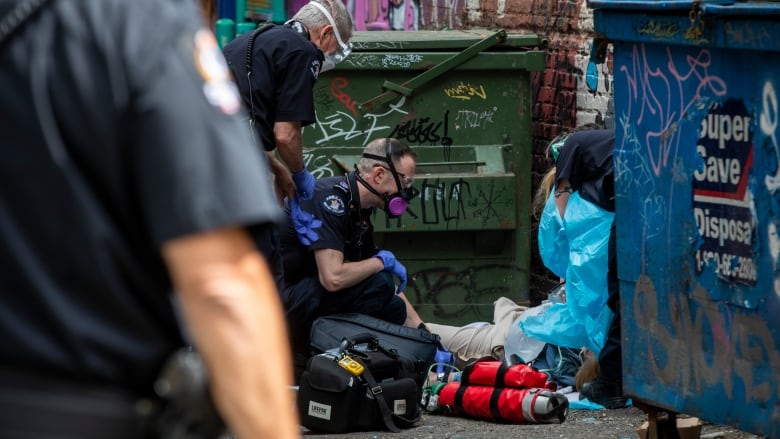
On at least 14 occasions, Windsor police officers arrived first to the scene of a drug overdosewithout naloxone in-hand because they aren't permitted to carry the life-saving drug, according to police reports obtained by CBC.
CBC News has also learned Windsor police is now considering equipping some units with naloxone,the Windsor Police Association said. But president Shawn McCurdy added he's still pushing for all front-line officers to have the drug. Some currently do, even though it's not sanctioned, he said.

"Without getting into specifics, I know that there was an incident where it was utilized so obviously one of the officers must have had it on them, isfrom my understanding. I can't say whether or not it's something our officers are regularly carrying," said McCurdy, who said it happened "a few months ago."
The Windsor Police Service is one of the fewpolice departments in Ontario that doesn't equip its officers with naloxone, even as the number of opioid-related overdoses has risen over the years.Chief Pam Mizuno has previously saidthe data doesn't supportthe need to issue naloxone to officers.
Windsor police declined a request for an interview on this matter.
CBC News analyzed all Windsor police reports where officers responded and naloxone was administered between November2018 and December 2019. The168 "initial officers reports" provide a 13-month snapshot and were obtained through a Freedom of Information Request that took several months to compile.
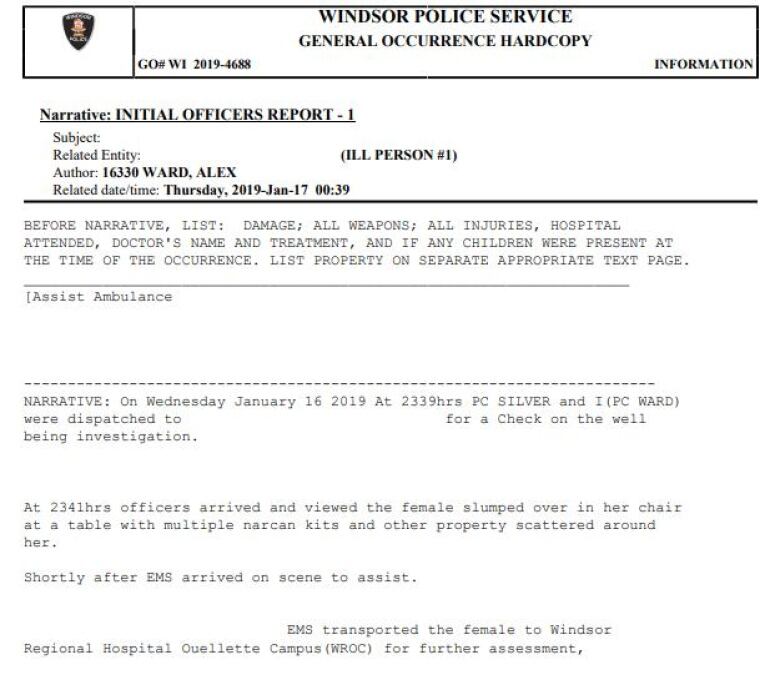
Police arrive to overdose call 9 minutes before EMS
Windsor police were first to respond in at least 14 cases, highlighting that officers had to sometimes wait for paramedics before naloxone could be administered.During one call in March2019, the police report indicated officers arrived to a drug overdosenineminutes before Essex-Windsor EMS.
In another instance, two officers were patrolling the riverfront in September 2019 when they noticed a woman in "medical distress." They requested paramedics,and 39 minutes after they found hernaloxonewas administered, according to the police report. She then became conscious and responsive.
"I think they definitely should carry it. And I don't understand why they don't. It's escalating, the drug problems in Windsor and they could save a lot more lives," said Gina Folkersen.
Folkersenlost her 30-year-oldson Jesse to a drug overdose last month.She believes he died hours before his grandmother found him, who called 911.
I think, respectfully, common sense would tell you the benefits of carrying andwhat it does to save lives or protect first responders as well.- Bruce Chapman, president of the Police Association of Ontario
In this instance, it wouldn't have made a difference if police had naloxone. But Folkersen said police could save someone else's life if they were armed with the drug, which the province provides for free.
Watch as Gina Folkersen recounts the emotional final goodbye with her son:
Two weeks before Jesse's death, Folkersen said he went to get help, but left the hospital waiting room before that happened. The system to help people with a drug addiction, she said, is broken.
"There weretimes that we called for days, even weeks, trying to get him into detox before they would finally have a bed available," she said.

Jesse hadbeen to rehabbefore. But nothing quite broke his habit with meth, which eventually turned into a fentanyl addiction. Andone timeafter detox, she said there wasn't a bed immediately available for her son.
"So these people are detoxing. They're off the drugs, but they get out and they're on their own. If they don't go immediately into a rehab program, they're in limbo," she said.
Opioid-related hospital visits up in 2020
In May, June and July,more people arrived at the local emergency department due to an overdosecompared to 2018 and 2019, and significantly higher than the average between 2012 and 2017, according to the Windsor-Essex County Health Unit.
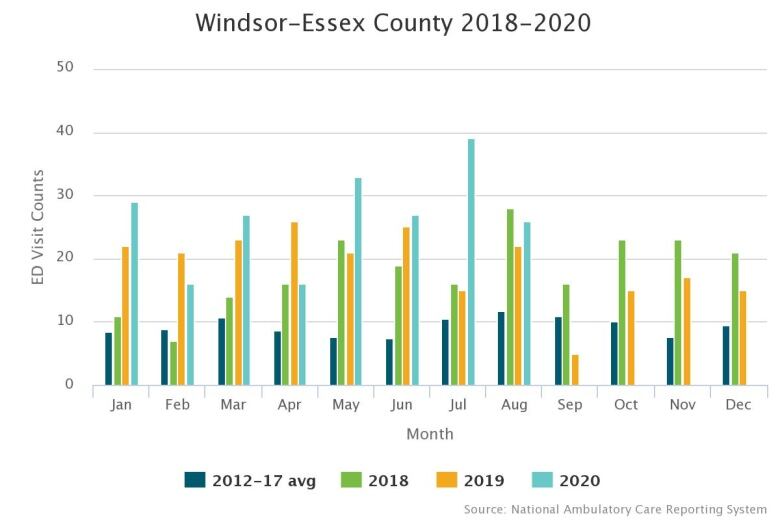
The worst month for overdoses this year was July 39 people were taken toWindsor Regional Hospital. That's compared to 16 in 2018 and 15 last year.
The Police Association of Ontariois also frustrated that Windsor still doesn't equip its officers with naloxone, three years after many police forces began doing so.
"I think, respectfully, common sense would tell you the benefits of carrying and what it does to save lives or protect first responders as well," president Bruce Chapman tells CBC News.
LaSalle police say naloxone is 'invaluable'
In LaSalle, all officers have been equipped with the drug since 2017 and they've only had to administer it once.
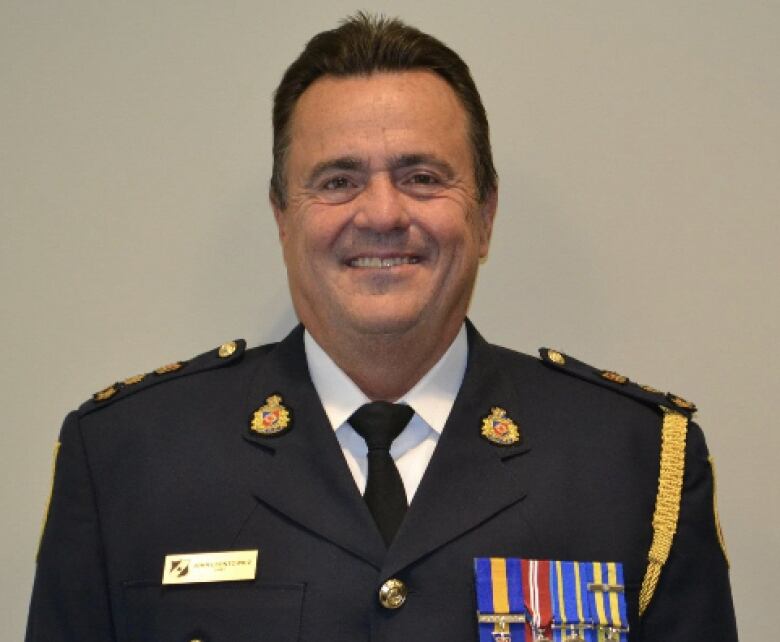
"The fact that even one life was saved due to it's use is sufficient evidence, in our view, that carrying Naloxone is an invaluable and potentially life saving substance which will continue to be carried by every officer of the LaSalle Police Service for the foreseeable future," said chiefJohnLeontowiczin an emailed statement.
In comparison to police in Londonwhich is roughly the same population size as Windsor-Essexofficers there used naloxone110 times during a six month period between April and September.
Last month, the OPP released a report highlighting officers saved 108 lives between 2017 and 2019 by administering naloxone.
"The OPP's first priority is to save lives and to promote public safety," the report reads.
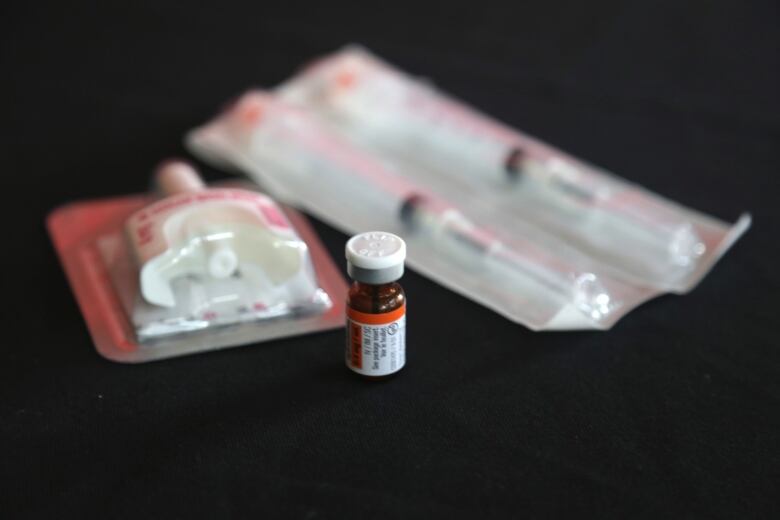
In Windsor, none of the reports obtained by CBC Newsindicated an officer used naloxone. Since thedocuments wereheavily redacted, in 54 cases it wasn't clearwho arrived first as the reports didn't specify or the names of people weren't visible.
In the 14 instances when police were first to arrive, civilians administered naloxone in three cases before officers arrived. During two calls, EMS used the drug after police arrived. The remaining police reports didn't indicated who used the naloxone.
Windsor firefighters also don't carry naloxone
In most of the reports, EMS responded first or both paramedics and firefighters were on scene when police arrived. During fiveinstances, Windsor fire was on scene first for an overdose call or arrived at the same time as police. And local firefighters are also not equipped with naloxone.
Roughly 33 per centof Ontario fire services are participating in the Ontario Naloxone Program, and equipping firefighters with the drug.
CBC News requested an interview with Windsor fire chiefStephen Laforet, but did not receive a response.
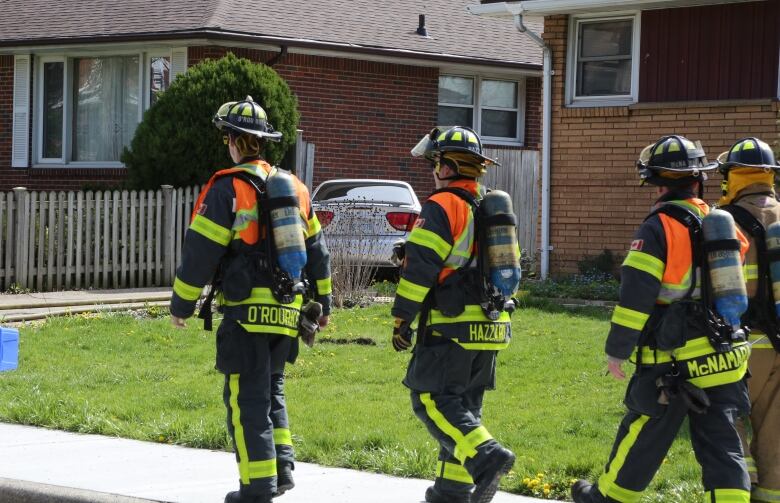
Naloxone is free for all police and fire services as well as St. John Ambulance branchesand dispensed by the province under the Ontario Naloxone Program. As of March 31, the government said 84 per centof police services in Ontario access the program, which includes First Nations constables.
Windsor police making 'headway' in getting naloxone
But it appears the Windsor Police Service is moving toward approving naloxone for some officers, which is a step in the right direction, critics say.
"Nothing's finalized," said Shawn McCurdy, president of the Windsor Police Association."But there has been a little bit of movement from the previous [stance] where we weren't going to have it at all.So we have made some headway in that direction."
"And our position is still that front line officers have it available and available within the some of our facilities as well. "













_(720p).jpg)


 OFFICIAL HD MUSIC VIDEO.jpg)
.jpg)



























































































